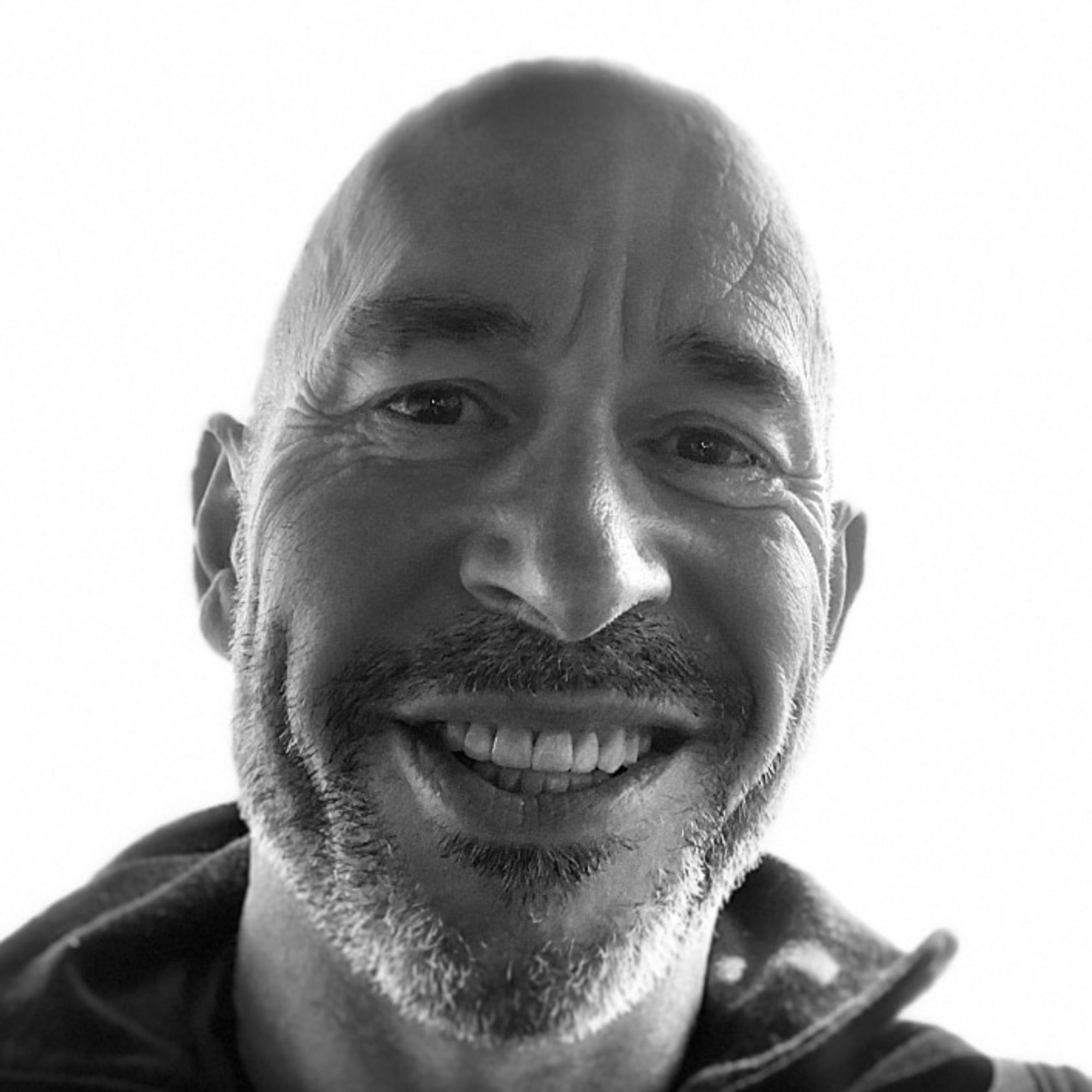Tags
Ready to Publish
Ready to Publish
Publish Date
Nov 22, 2021
Slug
Excerpt
Are you primarily an Effect or just a Cause in your own life?
Related Posts
Featured
External Link
Extra Info
Status
:Priority
A
Authors
"Life happens" but what role do we play in how that unfolds? Are we primarily just an effect of "upstream" causes or are we the prime cause in our own life? "Of course I am the prime cause!" we exclaim. But to what extent do we play the role of a meaningful participant in shaping our life? For instance do we know what the outcome we are trying to make happen? And how consciously are we engaged in making that happen? Do we really believe in our ability to do this, and have the capability? And if we do, then what price of effort are we willing to pay for it?
I believe that these are all essential questions, the answers of which collectively create a spectrum of personal cause and effect. At one end of the spectrum is life "happening to us" and at the other end is life "happening through us". We exist somewhere along that scale.

In the terminology of Meaningful Participation the former is called Rusty Autopilot and the later is called Self Authorship
The 5 laws of happening
A law is a general principle that describes the relationship between two or more things. For instance Newton’s law of gravity says that 2 bodies will attract one another with a force relative to their size and distance apart. Some of the most useful laws are those that define the relationship between actions and outcomes.
The beauty of a knowing these kinds of laws is that they provide the ability to anticipate, and therefore shape the future. That’s really what the purpose of a brain is; to predict the future; the brain is a prediction machine. And laws are a kind of building block that makes up its predictive capability. When you know a law then you can make use of it to inform your behaviour. When you don’t know a law then its like a portion of your “predictive vision” is missing. The difference between knowing and not knowing has a direct impact on the degree to which life happens to you or through you.
Whilst there is a big difference between knowing and doing, it starts with knowing. There are “5 laws of happening” that it’s helpful to know.
1. The Law of Snore
Imagine its the middle of the night and we are asleep in bed. We turn over in our sleep, and fall out of bed. Directly onto the cat sleeping on the floor beside the bed. The poor cat; its a little worse for wear. We feel pretty bad, but really there’s not much we could have done differently; we were asleep. We are both responsible, and not responsible at the same time.
When we are not fully awake our ability to shape our future is severely diminished. All we have is our habitual responses. They work well when the present is the same as the past, but if something changes then their value is limited, and sometimes even works against us.
We live much of our lives on autopilot, operating out of our habitual responses. The Law of Snore says that life can only fully happen through us when we “wake up” out of our Habituality and Rusty Autopilot . We do this by a capability I call The Reawakener: Reawakening.
2. The Law of Your
When we have reawakened to the present then a new opportunity is presented to us. We have the opportunity to be responsible for, and the primary agent of, our own outcomes of our life. Responsibility is about taking ownership of an outcome; it is an affirmation that the outcome belongs to me; “if it’s to be, it’s up to me”. It’s about intentionally moving yourself to the right of the “happening spectrum” and standing there to say “life happens through me, not to me”.
Werner Erhard says this about responsibility;
"Responsibility begins with the willingness to be cause in the matter of one's life. Ultimately, it is a context from which one chooses to live. Responsibility is not burden, fault, praise, blame, credit, shame or guilt. In responsibility, there is no evaluation of good or bad, right or wrong. There is simply what's so, and your stand. Being responsible starts with the willingness to deal with a situation from the view of life that you are the generator of what you do, what you have and what you are. That is not the truth. It is a place to stand. No one can make you responsible, nor can you impose responsibility on another. It is a grace you give yourself - an empowering context that leaves you with a say in the matter of life.
The Law of Your is the third of the The 3 potentials of life.
3. The Law of Pay-for
When we take a stand for the outcomes we want in our life then we come face to face with our capability to shape that outcome. Because it’s our capability that is the primary determinant of what outcomes we can shape. Capability is the quality of being able to do something. It is a kind of currency that we use in exchange for an outcome. In the same way that the more money we have the more we can buy, the more capability we have, the more significant the outcomes we can “pay for”. In simple terms, capability determines outcomes.
The law of Pay-for is the story of life “writ large”. Evolution and Darwin’s concept of Natural selection is about the growth of life’s capability to shape it’s own outcomes. As life has evolved, so has its capability to master and determine its environment.

Capability and outcomes are always the perfect complement of one another, each like a mirror reflecting the other. Our own lives and our capability and outcomes are also an expression of the Law of Pay-for. Our life as a creation has been determined to date by our capability. But what if we want more?
Under construction under here
4. The Law of More
The more capability we have, the more we can create of what is important to us. We already have some of this capability, and if we want to build a better life we’ll need to develop it further. The good news is we can.
Capability in every form is built the same way; Practice builds Capability. Practice is the repetition of an action with the goal of improvement. Practice as a means of building capability is well known in the world of professional sports and performance arts. Athletes and performers build their careers on the back of their practice. But
5. The Law of Sore
Issac Newton's laws of motion are three laws that describe the relationship between the motion of an object and the forces acting on it.
Bennett & Gurdjieff’s notion that capability is only built (in practice) involving effort and stretch. Change can only be proportionate to the amount of force which is put into it
What is the dyadic alternative? (“Happening to you”)
- Habit
- Life happens to us (we are just “effect”, not “cause” in life)
Is this implicit in a dyadic metaphysics?

%2Fhand-operating-newton-s-cradle-522924194-5c4b8d2646e0fb00018de956.jpg?table=block&id=18e65255-c84b-4544-bb57-2f42791b5c71&cache=v2)



